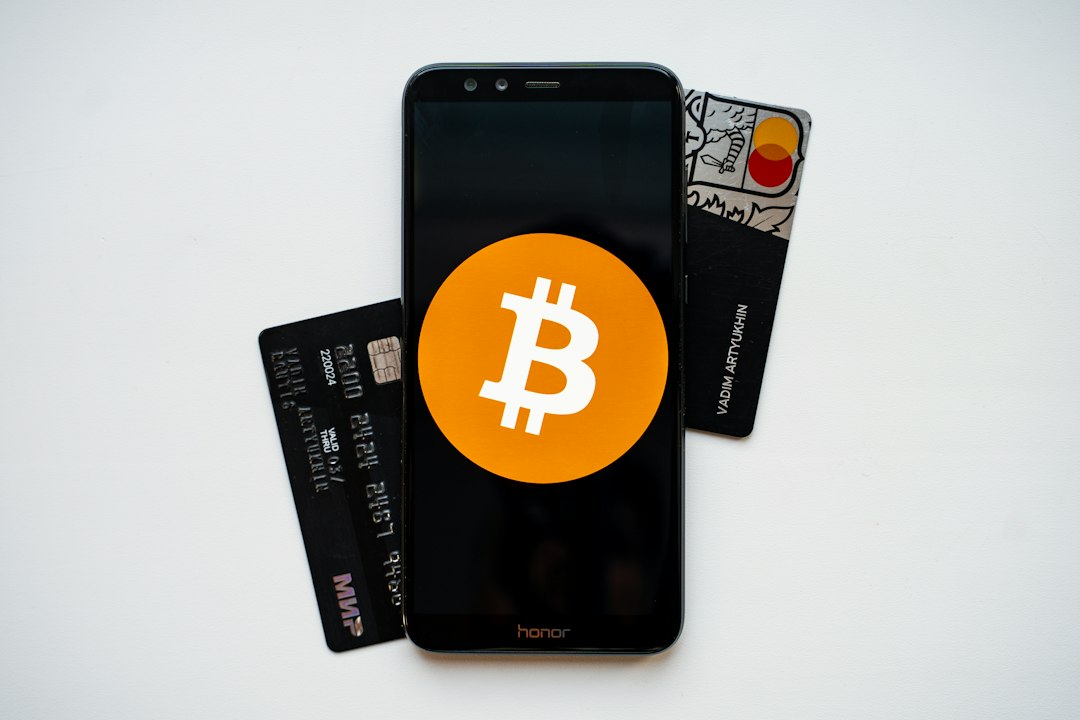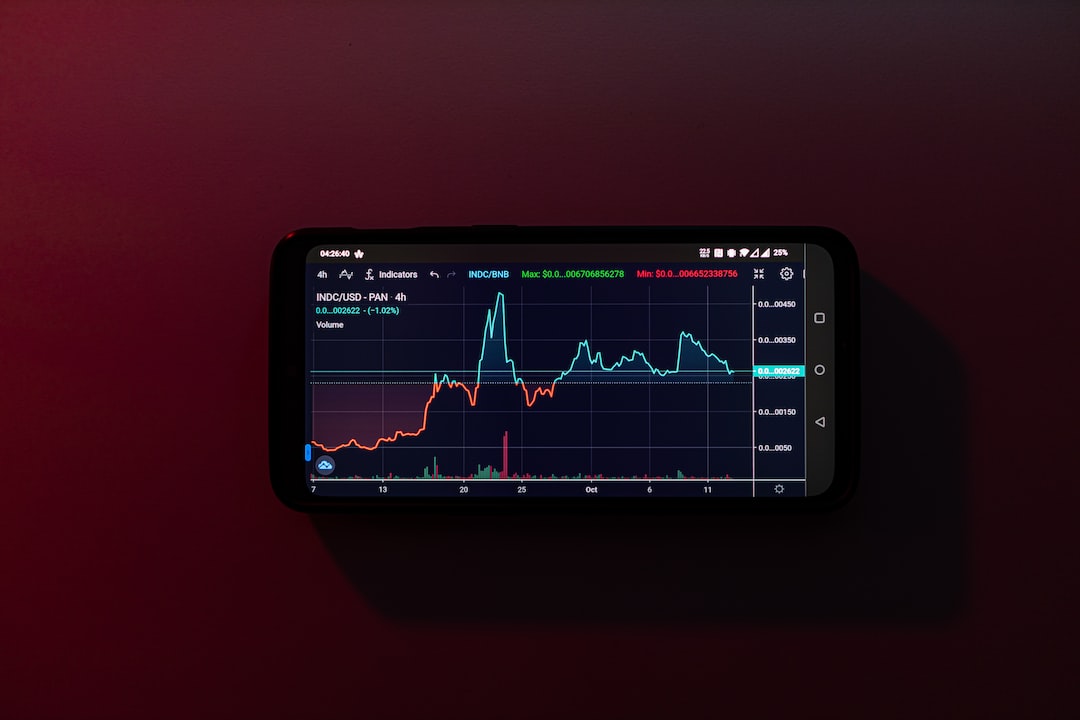The Impact of the COVID-19 Pandemic on Digital Communications
The COVID-19 pandemic has accelerated digital transformations and adoptions worldwide, with 58% of global consumer interactions happening digitally. Users have embraced the benefits of digital interactions, such as flexibility and time savings, making online channels the “new normal” for personal and professional communications.
The Risks of Centralized Real-Time Communication Platforms
However, centralized real-time communication (RTC) platforms like Skype, Zoom, and Slack pose significant threats to user privacy and data mining. These platforms prioritize profit maximization and often monetize user data through third-party ads. Additionally, they are susceptible to external hacks and breaches due to excessive centralization.
The Role of Decentralized Real-Time Communication (dRTC)
dRTC innovations in the Web3 space offer new opportunities for users to regain control over their digital interactions and data. Unlike legacy RTC platforms, dRTC networks are decentralized, secure, and user-centric. They use robust end-to-end encryption and globally distributed data points to enhance privacy and performance.
The Importance of Privacy in Digital Communications
Privacy is a foundational principle in the Web3 ecosystem, allowing users to choose what information they share and with whom. It is essential for autonomy, freedom, and human dignity. Trading privacy for convenience is no longer necessary with dRTC frameworks that prioritize user control.
dRTC: Empowering Users and Fostering Inclusion
dRTC networks empower users by giving them complete control over their data at all times. These networks operate on consensus-based rules and foster sovereign and circular economies. Beyond secure data sharing, dRTC enables free speech, self-expression, and the socio-economic dApp paradigm.
Hot Take: The Future of Digital Communications
The rise of dRTC represents a significant shift in the landscape of digital communications. It offers secure and user-centric alternatives to legacy RTC platforms, addressing privacy concerns and enhancing performance. By fostering inclusion and progress, dRTC has the potential to make communities worldwide more robust, resilient, and self-sufficient.





 By
By

 By
By
 By
By
 By
By
 By
By